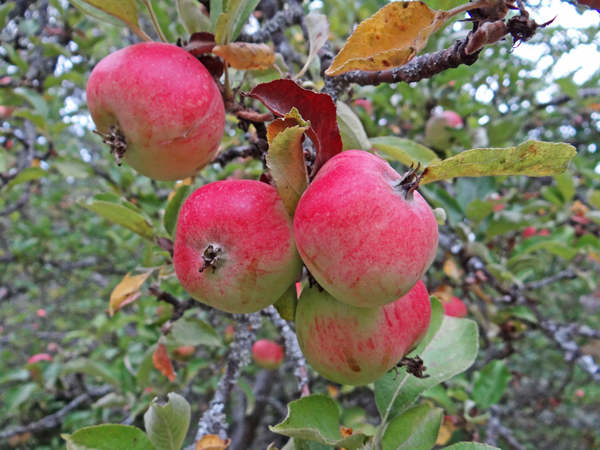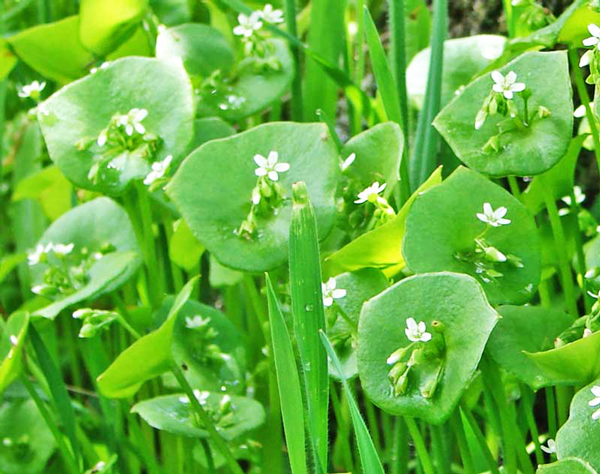Gardens

With even a little patch of ground, a patio, or just a balcony, you can grow your own aromatic herbs and an assortment of salad plants. With a bit more space you can have vegetables and some fruit for at least part of the year.
The horticulture we practice is organic, but more importantly it is adapted to the climate, the soils, the scant possibilities for irrigation, and to the time and effort which we can invest in it. We have to be realistic!
We till the ground by hand and with horse and plough. Our only fertiliser is manure - horse, cow and sheep. It is also important to rotate crops, to avoid mineral deficiencies.
Other interesting methods of soil preparation and enrichment are compost, green manures (crops which are not harvested but rather ploughed back into the ground), organic mulches and various membranes to cover the ground.
The better the soil is worked and nourished, the better the crops can defend themselves from pests and diseases. There are also some spray-on nutrients and remedies you can prepare from plants and essential oils, for certain situations.

Fruit bushes and trees need particular attention when getting established; for good health and productivity, it is also worthwhile to hone your pruning skills.
There are a number of wild plants (several native species and a few garden escapes that have naturalised) which can be collected starting in early spring. They often have a strong taste which complements the generally milder cultivated salads and vegetables. The picture below shows Miners' Lettuce (Claytonia perfoliata, Family Portulacaceae).

If you are thinking of growing some of your own food, let us know when you are arranging your stay: you can join us in the gardens and together we can work out a plan suited to your needs.

